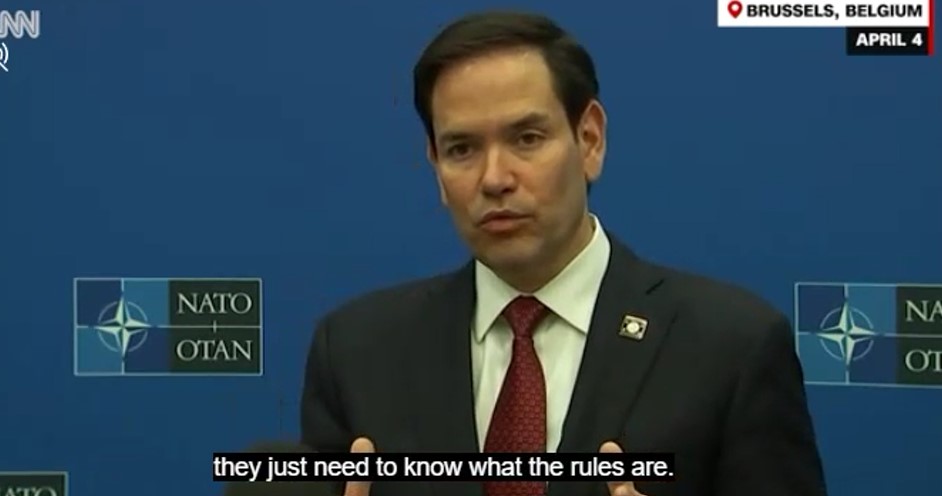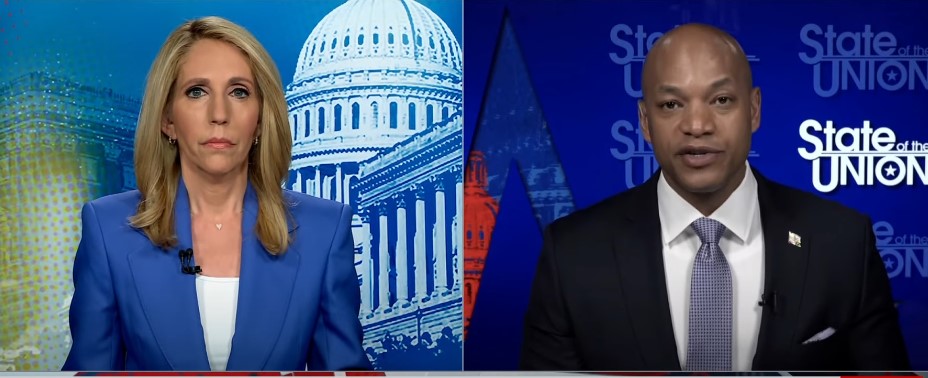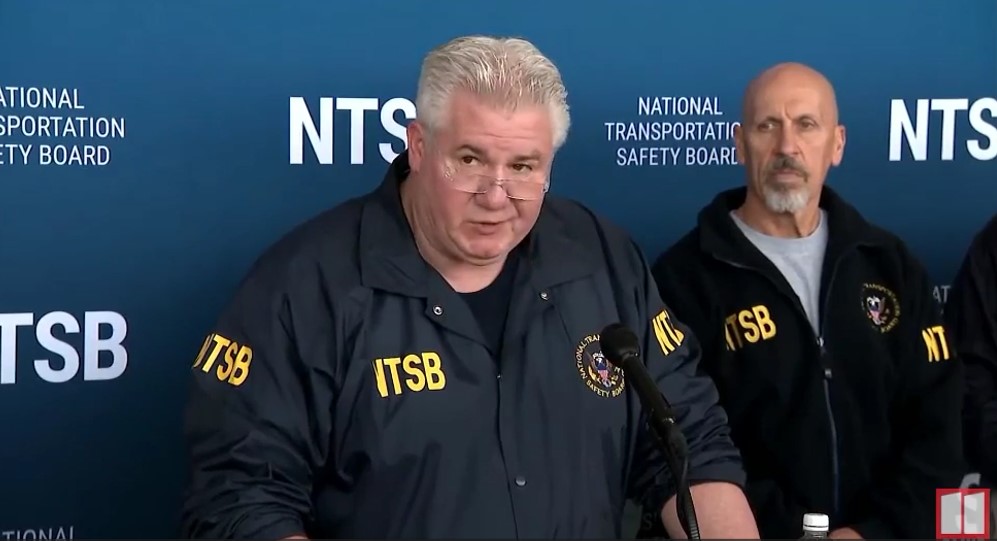Articles
The Terri Ammerman Group pairs decades of communications and media experience with relevant, current perspective. We understand the ever-changing needs and scenarios faced by companies, executives, and media professionals. Part of our training involves examining communications scenarios in real-time, so participants can clearly see what to avoid when speaking and what to say when delivering a clear, convincing message. Our team regularly offers perspective and insights on current situations through the articles posted here.

Repeating the Negative isn’t Positive
In any media encounter, one of your goals is to express positive quotes and soundbites that will enhance the standing of your company or organization. But you can sabotage your messages by repeating negative words used by a reporter during an interview or news conference. Reporters love negative words because they often make for catchy...

Address a Question Before Delivering a Message
Why do many politicians drive us crazy when we watch their interviews? It’s simple. They often fail to answer or even acknowledge questions before delivering messages and talking points. It’s almost as if they didn’t hear the questions. Case in point is a CNN interview with Maryland’s Democratic Governor Wes Moore. He was asked if he agreed with...

Don’t Step into the Guarantee Trap
Let’s say you’re being interviewed by a reporter or taking questions from the public during a community meeting. You get a question that includes the word “guarantee” in it. Alarm bells should go off in your head and a red flag should be waving in your mind. You are now facing the guarantee trap. You don’t want to step into it by repeating the...

The Hot Mic Strikes Again!
Here we go again. A hot mic embarrasses another public figure. It’s astounding how often people who should know better get careless around microphones and cameras. The latest incident involves Texas Congressman Dan Crenshaw. After just completing a taped television interview, Crenshaw gets himself into trouble by casually suggesting he would end...

Boring + Distracting = Failure
When you are preparing for a news briefing or any media encounter, it’s imperative that you understand what will keep your audience of journalists engaged. The last thing you want to do is bore or distract reporters, which could keep them from absorbing your key messages and communicating them to the public. So, we were stunned when we viewed a...

If You Don’t Know, Don’t Speculate
When you are standing before microphones, cameras, and reporters, it’s natural to try to provide as much information as possible about a sudden crisis or catastrophe. In doing so, it may be tempting to speculate about the cause of the tragedy or who may be at fault. If you find yourself in that situation, fight and defeat the temptation to...

Helping People First, Finger Pointing Second
With the death toll rising and destructive flames spreading in Los Angeles County and beyond, the blame game is also gaining momentum. Some blame the horrific fires on inattention to climate change. Others point the finger at public officials for sloppy water management, budget cutbacks and lack of foresight. A Republican office holder in the...

What Matters to You, Matters to Me
The Los Angeles County wildfire inferno has sparked debates over climate change, home insurance costs, and water management. These are legitimate issues that should be addressed. But as the fires burn, as more and more people lose their homes, the immediate primary focus should be on extinguishing the flames and on the people who will have to...

Own Your Mistake
What should you do before briefing the media on a breaking story? Do your homework by gathering the facts, developing your key messages and practicing the delivering of them. Afterall, the last thing you want to do is make a factual mistake that misleads the media. Ah, but even the best prepared communicators might make an error. If that happens,...

Clarity in the Midst of Chaos
In a social climate where good and evil are sometimes confused, a strong communicator should provide clarity that leads an audience to the right conclusion. Pennsylvania Governor Josh Shapiro did just that when he and others announced a suspect’s arrest in the murder of UnitedHealthcare CEO Brian Thompson. The suspect was apprehended at a...
